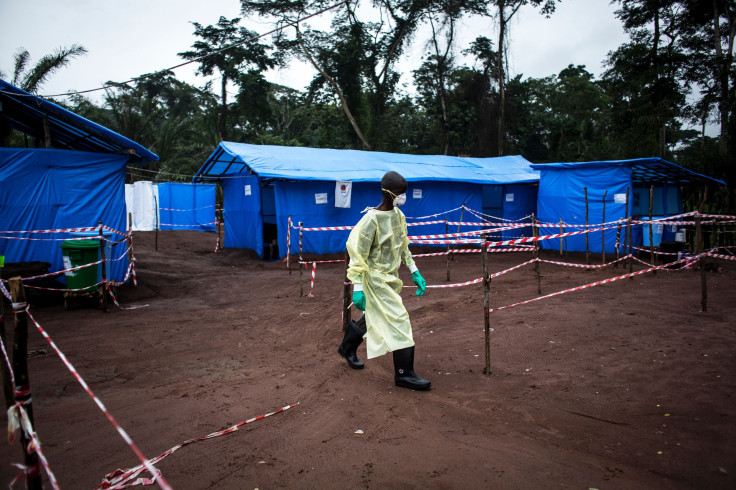How Ebola Spreads: Congo Declares New Outbreak After 2 Confirmed Cases

As per reports, as many as 17 people died on May 3 and at least 2 people infected due to Ebola in the north-western region of the Democratic Republic of Congo, government and health officials confirmed Tuesday.
"Our country is facing another epidemic of the Ebola virus, which constitutes an international public health emergency," the health ministry of Congo said in a statement, NPR reported. Laboratory results confirmed two of the five samples collected in Bikaro town, as cases of Ebola. Apart from this, 10 more cases are suspected.
The World Health Organization (WHO) has been working closely with the cause, after a similar outbreak in 2017 and said it will work alongside the government to reduce the loss of life and suffering. “WHO will work closely with health authorities and partners to support the national response. We will gather more samples, conduct contact tracing, engage the communities with messages on prevention and control, and put in place methods for improving data collection and sharing,” said Dr. Matshidiso Moeti, the WHO Regional Director for Africa, in an official statement.
This is the 9th time the virus has hit the country since it was discovered in the 1970’s. According to the Centers for Disease Control and Prevention (CDC), Ebola is a type of hemorrhagic fever that originates from animals and goes on to spread among humans. The fatality rate is around 50% and the first person gets infected through contact with an infected monkey or a bat. This is followed by person to person transmission and can cause an outbreak.
Ebola can also spread by handling infected bush meat. Some of the basic symptoms of Ebola include fever, headache, weakness, muscle ache, rashes, difficulty in breathing and hiccups.
Ever since a similar Ebola outbreak occurred in West Africa in 2014, which killed more than 11,000 people, the Public Health Agency of Canada developed the rVSV-ZEBOV vaccine to weaken the virus in livestock.
During the last major outbreak in 2014, major questions were raised about standard practices of hospital workers when two nurses who were treating a Liberian native were tested positive for the disease. Donald Trump tweeted at the time: “Stop the EBOLA patients from entering the U.S. Treat them, at the highest level, over there. THE UNITED STATES HAS ENOUGH PROBLEMS!”
“The U.S. cannot allow EBOLA infected people back. People that go to far away places to help out are great-but must suffer the consequences,” he added.
According to the CDC, the disease can spread quickly in clinic and healthcare settings where staff do not wear appropriate personal protective equipment and take necessary precaution.
© Copyright IBTimes 2024. All rights reserved.











